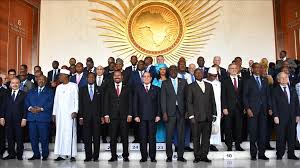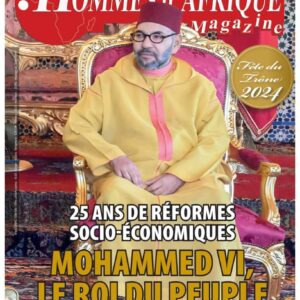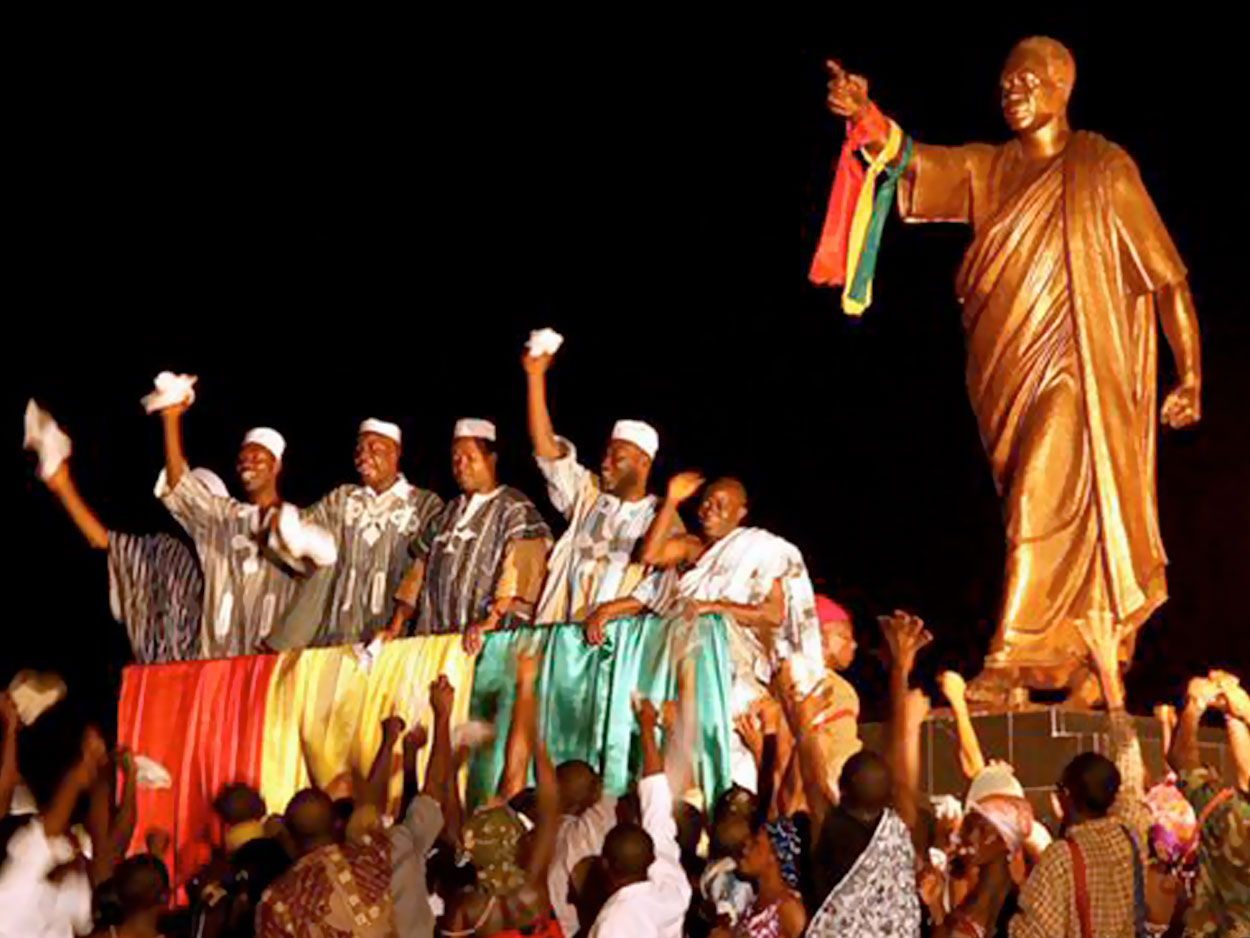SILENCING THE GUNS : PEACE IS THE GATEWAY TO REAL CI

The First Pan-African Congress took place in Paris in 1919, while the Peace Conference, concluding the First World War, was being held in Versailles, in the Western suburb of Paris. That Pan-African Congress, wrote the Paris correspondent of the New York Evening Globe, was “the first assembly of its kind in history, and has for its object the drafting of an appeal to the Peace Conference to give the Negro race of Africa a chance to develop unhindered by other races.” This quote is from George Padmore’s book “Pan-Africanism or Communism.”
Dr. W.E.B. Dubois was the Congress’s mastermind. He played a major role in drafting the appeal and a resolution sent to the League of Nations in Versailles. Among others, the appeal said:
“The Negroes of the world demand that hereafter the natives of Africa and the peoples of African descent be governed according to the following principles.” These principles concern land, capital, labor, education, and the State. They are still valid today. Here is the one on capital:
“The investment of capital and granting of concessions shall be so regulated as to prevent the exploitation of the natives and the exhaustion of the natural wealth of the country. Concessions shall always be limited in time and subject to state control. The growing social needs of the natives must be regarded and the profits taxed for social and material benefit of the natives.”
That is what a group of united Black people demanded 101 years ago, at a time when European colonialism’s claws were deep into Africans’ flesh. Today, people boast about sustainable development, as if it was a novelty. We even have the Sustainable Development Goals, the famous SDGs, that the United Nations General Assembly adopted in September 2015, and to be reached, supposedly by all the UN member countries, by 2030.
The 1919 Pan-African Congress’s demand of non-exhaustion of Africa’s natural wealth was already the prerequisite for sustainable development in that continent. Was the demand heard? Did the colonialist administration and private firms slacken their frenetic exploitation of Africa’s natural resources? No. After the independence, have the new African States prevented foreign firms from keeping exploiting those non-renewable resources in an exhausting manner? One can doubt.
The answers to those two questions explain why Africans’ “growing social needs” were not met in 1919, and since then have still not been met. A drastic change is necessary. Which one?
I asked that question as, with the team of Hommes d’Afrique Magazine journalists, we attended and covered the 33rd African Union Summit in Addis Ababa, Ethiopia, from 6 to 10 February 2010.
If you are a conscious African or Global African, ask yourself that question. Ans
















